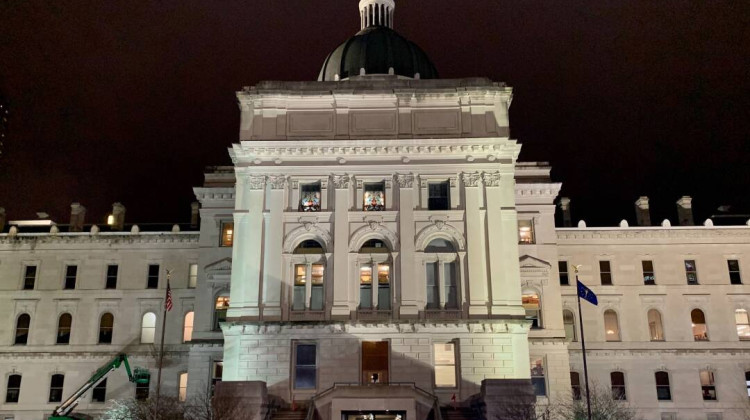Both solo and partnered sexual activity in the U.S. decreased from 2009 to 2018. That’s according to a new study by IU researchers.
The project compares data from the National Survey of Sexual Health and Behavior published in 2009 and in 2018.
Debby Herbenick is a professor at the IU School of Public Health and led the study. She said the study hypothesized that penile and vaginal intercourse would decrease, and other types of sex would increase. But that turned out not to be the case.
“We actually saw declines in all types of partnered sex that we measured, and for adolescents even declines in solitary masturbation,” Herbenick said.
Twenty-four percent of adults reported no intercourse in 2009. That went up to 28 percent in 2018.
The percentage of adolescent males reporting neither partnered sex nor solo masturbation increased from 28 percent to 43 percent. The portion of adolescent women reporting no masturbation or sexual activity went from 49 percent to 74 percent.
“It might still be that there are other forms of sex, whether it’s sexting, or different forms of phone or video chat around sex, or sex toy use that have increased from those time periods that just aren’t assessed here,” Herbenick said.
The study joins a vast body of research from the U.S., UK, Japan, Australia, and Germany that show declines in sexual activity.
 DONATE
DONATE









 Support WFYI. We can't do it without you.
Support WFYI. We can't do it without you.